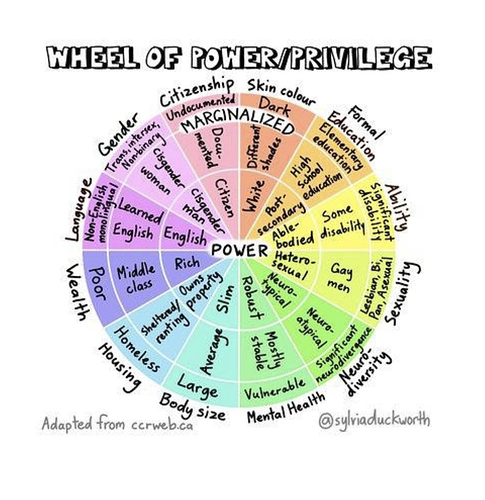Today we take a close look at “power”, which is one of those words that everyone says but few people fully understand. Or at the very least, people tend to have many different meanings for “power”, which shows up somewhat differently depending on what quadrant you are looking at, and what altitude you are looking from.
And as is often the case with integral discussions, we naturally start thinking about power in terms of some fundamental polarities, many of which we will explore today. Because there is often a critical tension between these different meanings and modes of power — Individual power and collective power, interior power and exterior power, and so forth. And by looking at these as polarities, we can better understand how to integrate power, and how to avoid the dangers when any of these poles become un-integrated from the others.
And we should mention straight away that one of the Green stage’s major strengths is that it is particularly tuned in to the many abuses and excesses of power in the world, and rightfully points out that the world really is made of power structures – and those power structures can sometimes be destructive or even oppressive dominator hierarchies. This is itself a positive evolutionary development — as Ken has said before, one of the primary roles of green is to “sensitize” the spiral as we prepare to take that momentous leap into integral stages. In fact, it’s job may be in a sense to help clear the path of malignant power structures that would prevent the emergence of something like integral in the first place. In which case, Green is not only “post-modern”, but also “pre-integral” (which is something I like to remember whenever I feel like I need to get Green out of my shadow).
But green’s weakness is that it tends to only see power structures, and is often totally allergic to power structures of all kind. It assumes that all hierarchies are dominator hierarchies — those nasty, brutal, oppressive hierarchies. Everything is a dominator hierarchy — other than its own hidden moral hierarchies, of course. Which may actually be a leverage point for us integralists to help green become more healthy again — to remind them that their own values and moral reasoning are themselves a product of growth hierarchies, and we want to preserve those growth hierarchies if they want more people to adopt those sorts of values and morals in the future. (And, of course, to remind them that they are supposed to actually be “pluralistic” and capable of holding multiple perspectives, including perspectives they may disagree with, and which might help slow their regressive descent into Amber absolutism.)
By having conversations like these, we are hopefully planting the seeds for a genuine Integral Critical Theory, one that is capable of looking at all facets of power — healthy power and unhealthy power, up and down the spiral, across all types, in all four quadrants, and even in all eight zones. It is an approach to power that includes the very real concerns of Green, but transcends the limitations of Green. It includes the concerns of Orange, but transcends the limitations of Orange. It includes the concerns of Amber, but transcends the limitations of all these first tier stages, each of which is locked into its own absolutistic idea that its views and values are the only correct views and values.
Our hope is that by having conversations like these, and by practicing what we might call “the power to integrate”, people coming from different political persuasions can lean in and find something to agree with. It is a genuinely “everyone is right” conversation – if we have the capacity and the epistemic humility to re-think some of the things that we may be getting wrong.
—Corey deVos
